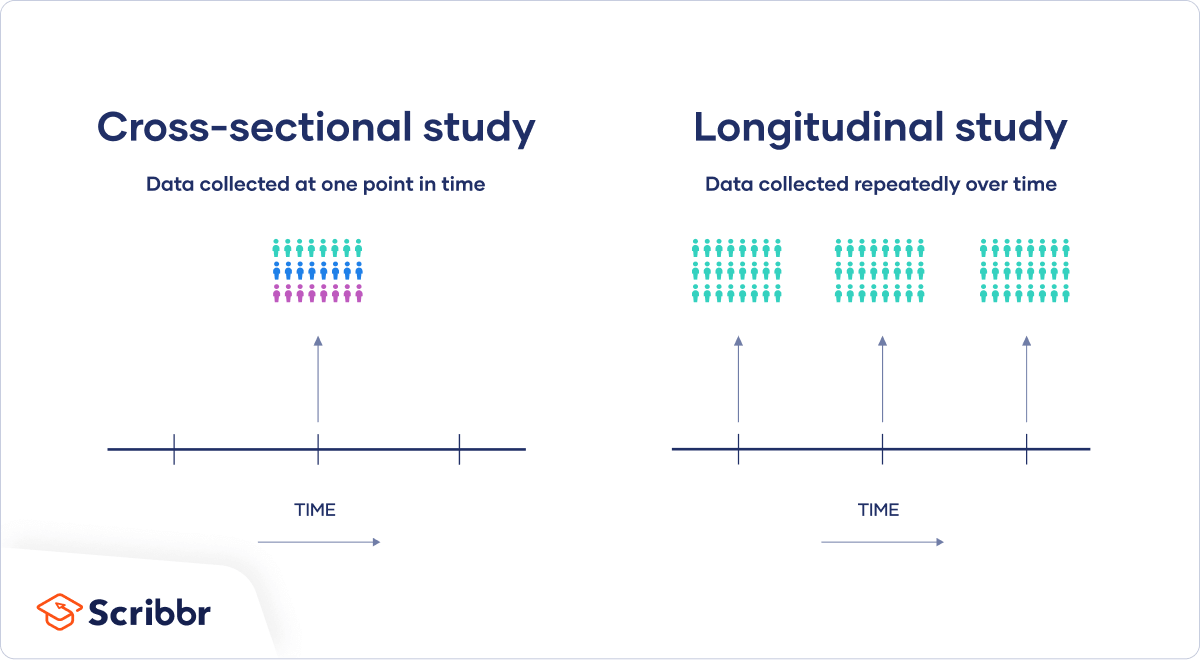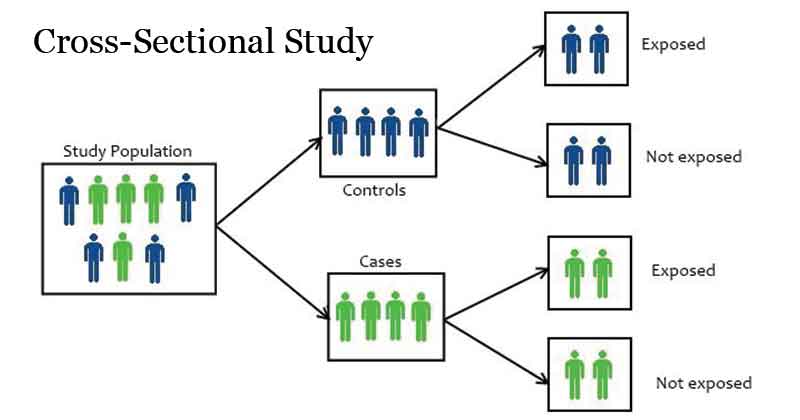Cross Sectional Study Pdf

Cross sectional study design is a type of observational study design.
Cross sectional study pdf. Cross sectional studies are observational studies that provide a description of a population at a given time and are useful in assessing prevalence and for testing for associations and differences between groups 5. Second concerning the limitation of cross sectional. Cross sectional study to achieve the aim s of the study.
In reading public health research you may encounter many terms that appear to be used interchangeably. Pdf in this series i previously gave an overview of the main types of study design and the techniques used to minimise biased results. Systematic reviews of etiology and risk.
Moola s munn z tufanaru c aromataris e sears k sfetcu r currie m qureshi r mattis p lisy k mu p f. To guide health practice and policy because local research is often needed to guide local health practice and policy because carrying out research strengthens research capacity. A cross sectional study involves looking at data from a population at one specific point in time.
What she did was a cross sectional study and the document she mailed out was a simple questionnaire. Cross sectional study survey questionnaire survey questionnaire sur vey tool survey instrument cross sectional survey. The participants in this type of study are selected based on particular variables of interest.
Cross sectional studies cross sectional studies measure simultaneously the exposure and health outcome in a given population and in a given geographical area at a certain time. Cross sectional vs longitudinal studies. Cross sectional studies are often used in developmental psychology but this method is also used in many other areas including social science and education.
An example of cross sectional study. In a cross sectional study the investigator measures the outcome and the exposures in the study participants at the same time. The opposite of a cross sectional study is a longitudinal study while cross sectional studies collect data from many subjects at a single point in time longitudinal studies collect data repeatedly from the same subjects over time often focusing on a smaller group of individuals that are connected by a common trait.


















